May 17, 2022
Despite low productivity, UK firms still don’t look for ways to improve on past performance
Despite the UK’s persistent low productivity, less than a fifth of business owners are actively looking back at projects to identify areas for improvement. A large proportion of business owners (65 per cent) and senior managers (82 per cent) have increased their use of project-based methods on everyday tasks, such as introducing measures to identify and manage risk. Despite this, many are still failing to assign enough dedicated project managers to the work. New research from the Association for Project Management (APM) claims that only 35 per cent of senior managers who participated in the survey regularly assign dedicated project managers to tasks, and only a quarter for business owners. (more…)






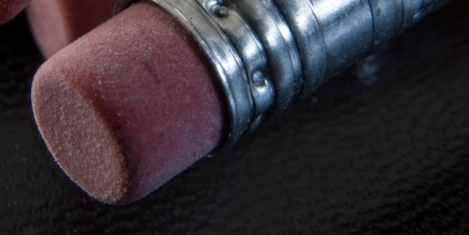



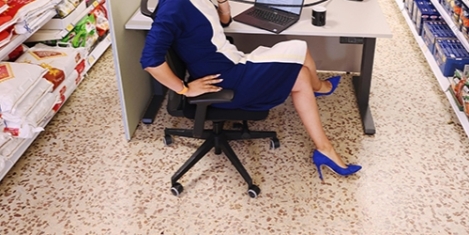
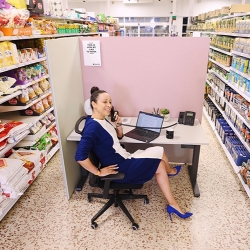


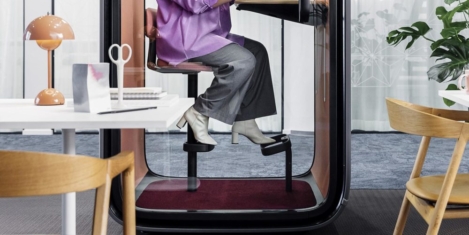
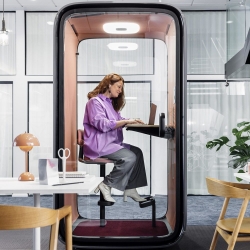




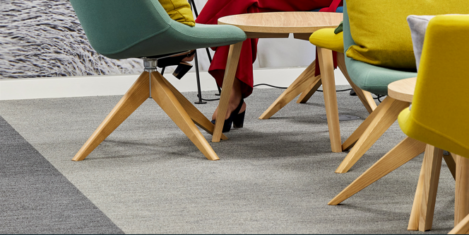
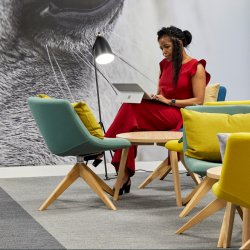


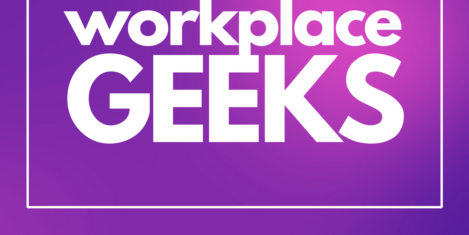
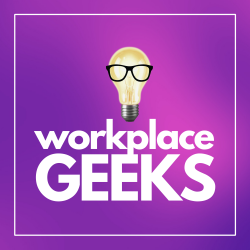 The Workplace Geeks are out and about for their very first LIVE episode, recorded at The Workplace Event, Birmingham NEC, UK in April 2022. For this special show they’re joined by Dan Pilling, workplace strategy consultant at TSK Group. Their discussion explores the scope and value of practical workplace research pre and post pandemic, with some great questions from the audience (thanks to Brock James from iOtSpace, Stuart Watts from the GPA, and Steve Henigan from HCG).
The Workplace Geeks are out and about for their very first LIVE episode, recorded at The Workplace Event, Birmingham NEC, UK in April 2022. For this special show they’re joined by Dan Pilling, workplace strategy consultant at TSK Group. Their discussion explores the scope and value of practical workplace research pre and post pandemic, with some great questions from the audience (thanks to Brock James from iOtSpace, Stuart Watts from the GPA, and Steve Henigan from HCG). 










May 12, 2022
ESG ambitions should top organisational agendas
by Siobhan Byrnes • Comment, Environment, Wellbeing